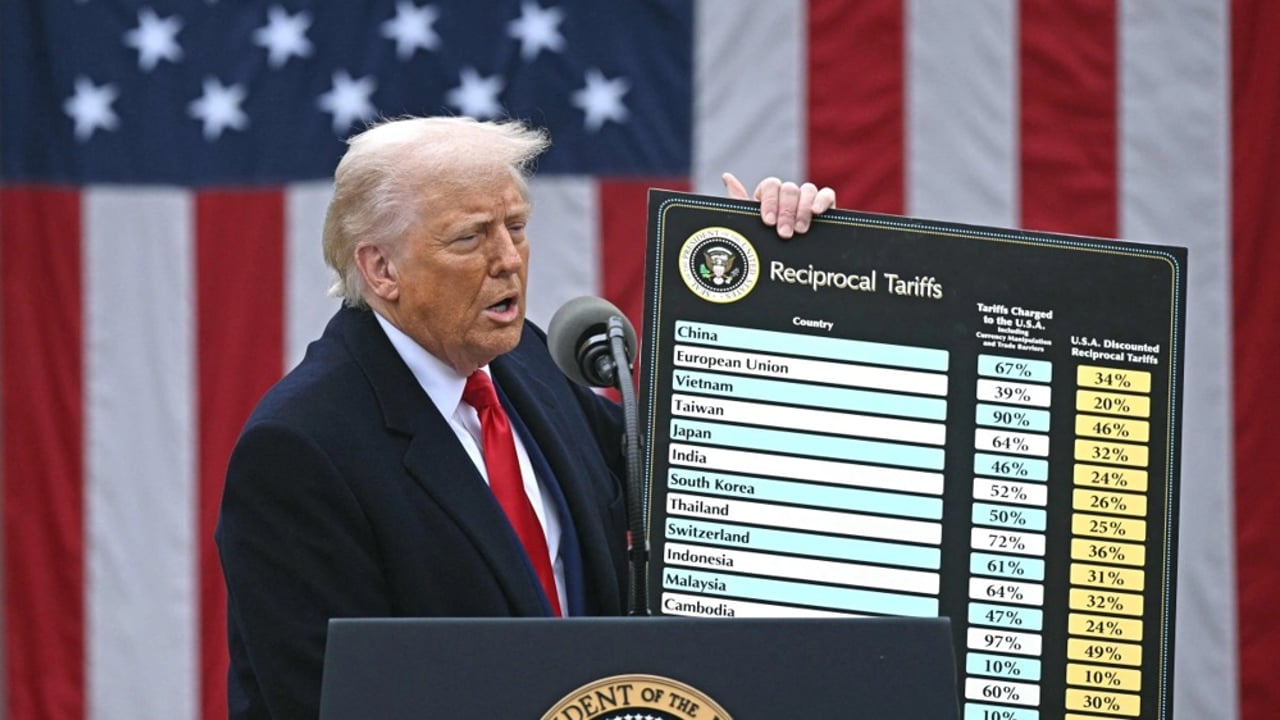Related Articles
Citgo Auction Nears Endgame as Creditors Seek $19 Billion Recovery from Venezuela-Linked Assets
The long-running legal saga surrounding Venezuela’s U.S.-based oil refining asset—Citgo Petroleum—has reached a decisive phase, as the Delaware court-supervised auction of its parent company, PDV Holding Inc., approaches its conclusion. Multiple bidders have submitted enhanced offers in the final round of the auction, hoping to acquire one of the most strategic oil refining operations in the United States.
Ghana Faces $11.4 Billion Gold Smuggling Crisis as UAE Imports Expose Trade Gap
A recent report by the nonprofit Swissaid has revealed a massive discrepancy in Ghana’s gold trade data, exposing the country to an estimated $11.4 billion in lost revenue over a five-year period due to unregulated gold smuggling, primarily to the United Arab Emirates (UAE).
Reddit Unveils AI-Powered Advertising Tools to Boost Brand Engagement and Campaign Efficiency
Reddit Inc. $RDDT announced on Monday the rollout of two artificial intelligence-driven advertising solutions designed to enhance brand engagement through platform-native conversational analysis. As the digital advertising landscape faces intensified competition and tighter marketing budgets, Reddit’s push into AI marks a strategic pivot toward real-time trend mapping and audience sentiment insights.








Such a move has the potential to reshape the future of automation in today's ever-changing tech landscape.